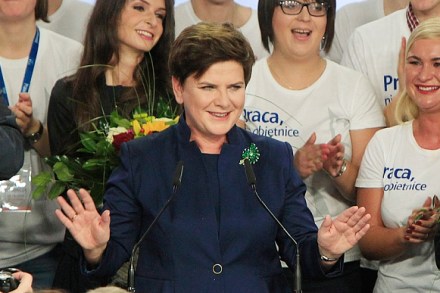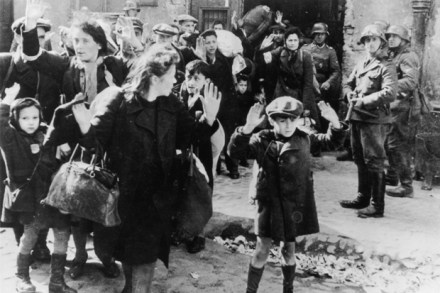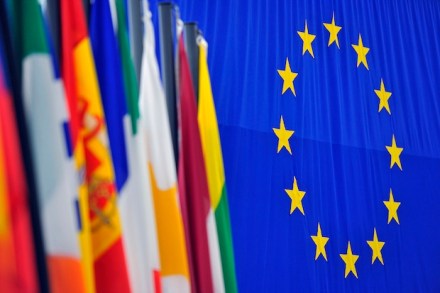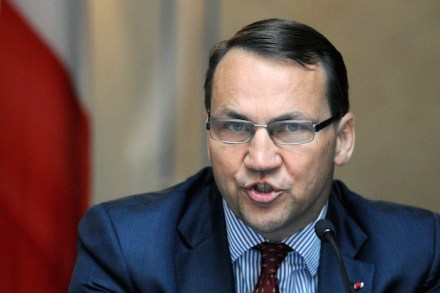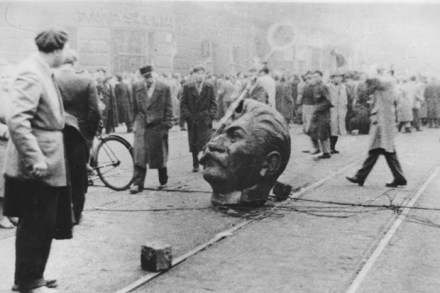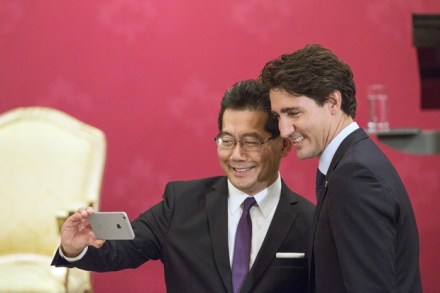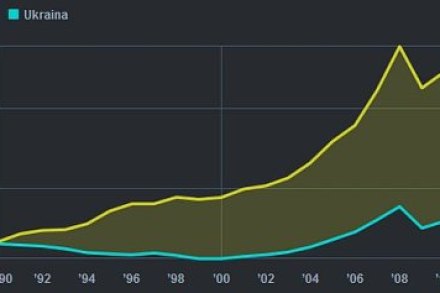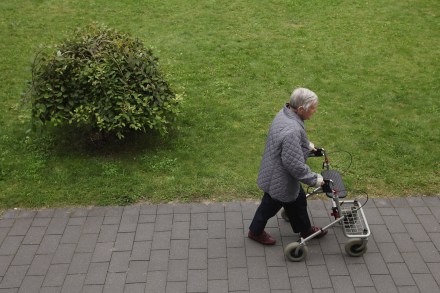Portrait of the week | 29 October 2015
Home After it was twice defeated in the Lords on its plans to reduce working tax credits, the government announced a review of the workings of Parliament, to be led by Lord Strathclyde, the former leader of the House of Lords. Peers had voted for a motion by Lady Hollis of Heigham to delay the measures until the introduction of ‘full transitional protection’ for those who would suffer loss, and for a motion by Lady Meacher to delay them until the government had responded to an analysis by the Institute for Fiscal Studies. The IFS had said that three million working families would be on average £1,300 a year worse


